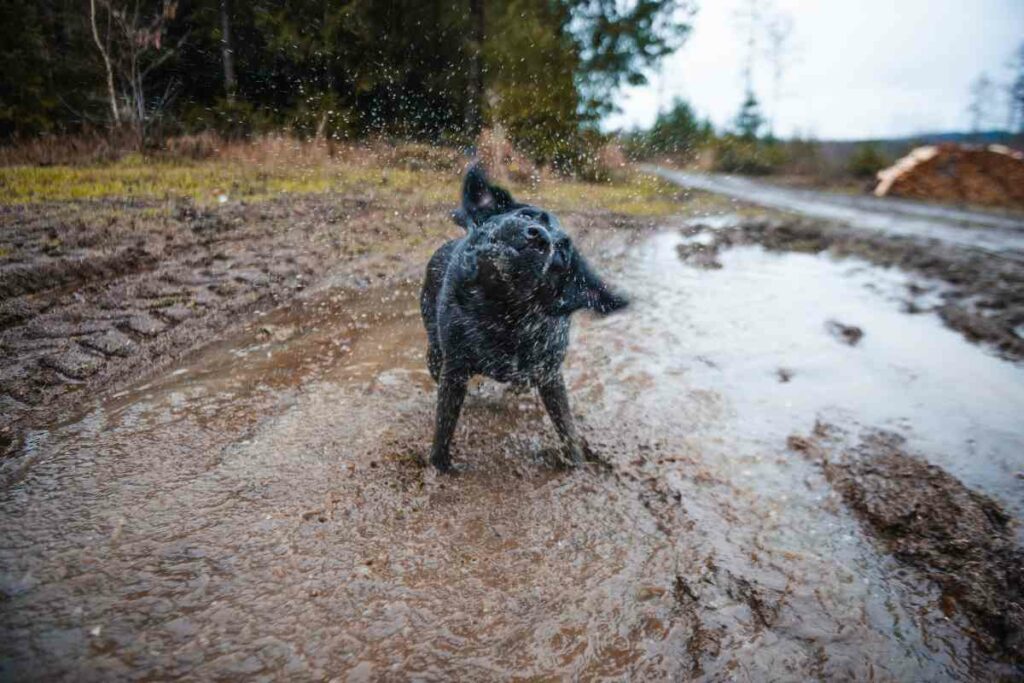A lot of the inspiration for my keynotes comes from observations I’ve made in everyday situations. Special events too, of course, like the Arctic Circle Race, which you can read more about here. But wellbeing isn’t achieved overnight; consistency is key. And that’s what makes the things we learn from ordinary experiences so extraordinary if you like. Because they show us ways of dealing with the rigours of daily life. As a result, we become happier; healthier; more resilient. In this blog post, I want to share a story that taught me a valuable lesson about the importance of rest, as well as a top tip for how to recover from stress!
A Stressful Situation
Last year, our dog went missing from the garden. We were stricken, as you can imagine. We searched everywhere until we finally found her underneath a bench built into some raised beds. She’d been burrowing there for quite some time—a few weeks, we think. And at last, she’d managed to get in, but couldn’t get back out. Now, we were as terrified as she was, not only wondering how we were going to get to her, but if the tunnel she’d dug was going to collapse before then. All we could see was her little snout peeking up at us; eyes wide with fear. Eventually, we managed to get her out—with a little bit of her scrambling and us dragging. But it’s what happened next that provided a powerful example of how we as humans can also rest to recover from stress.
A Metaphor For Resilience
So, we get her out, she shakes herself off. Shaking is also a really good tip for relieving anxiety, by the way. It works just as well for us humans as it does animals. Then, she just fell straight to sleep on the lawn for 20 minutes. She took a power nap to recover from the fright she’d had. And when she woke up, she shook herself off again, and was okay. And therein lies the metaphor for stress resilience—quite literally, on the lawn! Yes, I’m aware we’re not canines, but we often forget we’re still animals. And we might just benefit from looking to other species, specifically how they instinctively recover from things like stress. Not to mention shaking, jumping, running on the spot are all great ways to expel nervous energy.
How To Recover From Stress
The message is simply this: when you’ve had a period of stress; anxiety; or difficulty, take a short rest. There may not be anything novel about that idea, but many of us don’t do it. Make some time to recover before charging straight into the next thing. Be more Kami (that’s the name of my dog): rest, shake it off, and go again.
Interested in sharing this message with your team at our next event?
Our research tells us that HR teams are facing a big challenge post-COVID; how to foster a culture of belonging, connection and psychological safety. To address these issues, we’ve created a new keynote called BOND: the importance of social relationships and human connection (in the age of AI), motivating teams to create stronger social relationships for the good of their health and wellbeing.
For more wellbeing content, follow @leannespencerkeynote on Insta and LinkedIn.
Take our Cadence Wellbeing Scorecard and receive a free, personalised report with actionable insights you can take into your daily life to optimise your health and wellbeing.
Interested in having Leanne speak to your audience? Book a free, no-obligation discovery call or enquire here: https://leannespencer.co.uk/contact/


